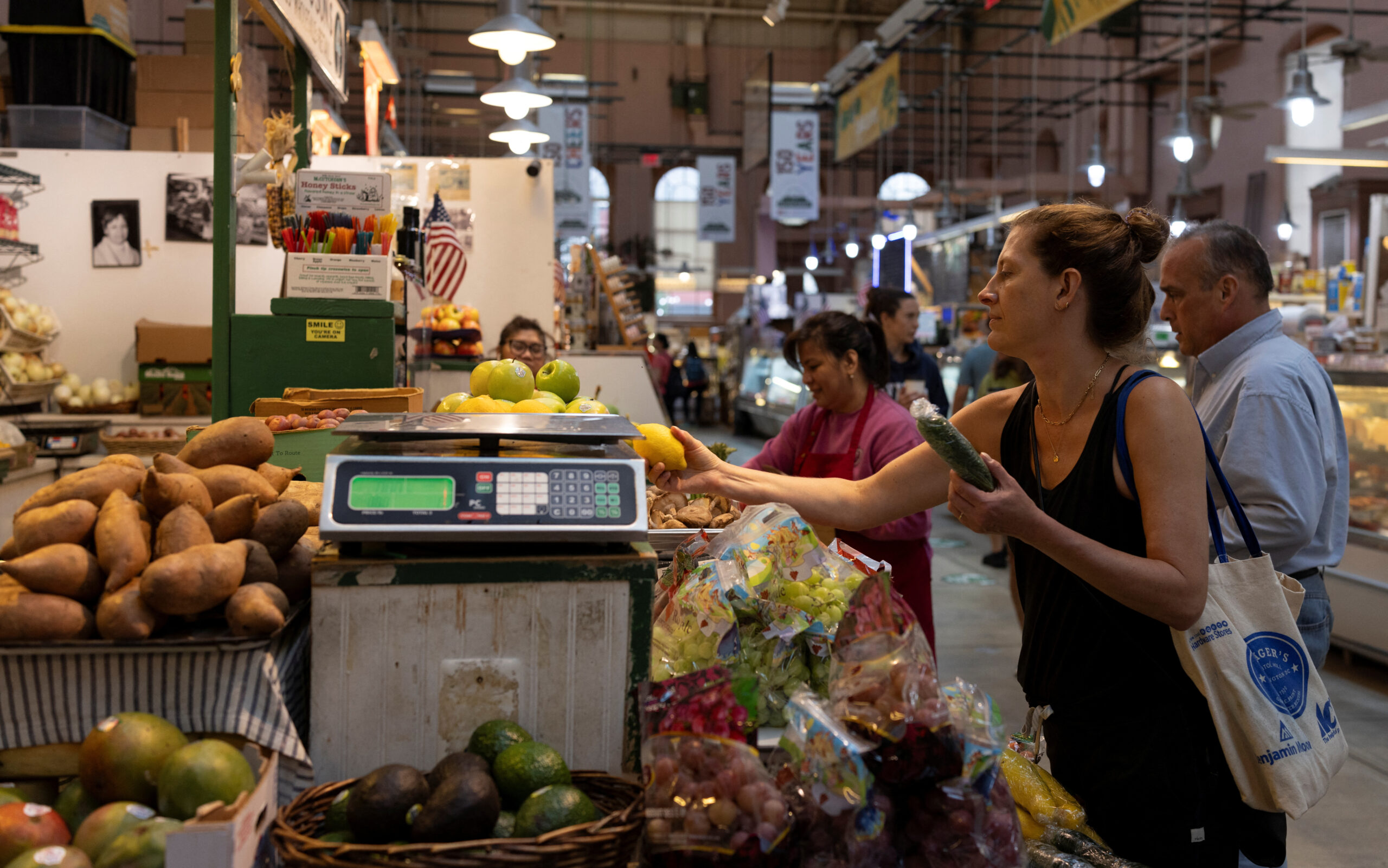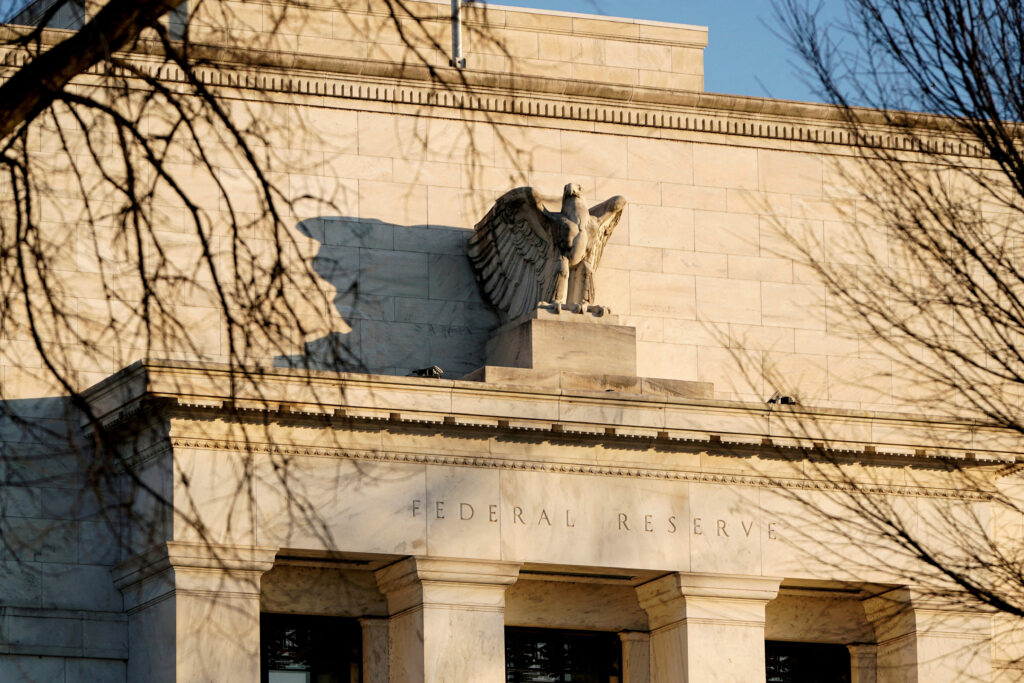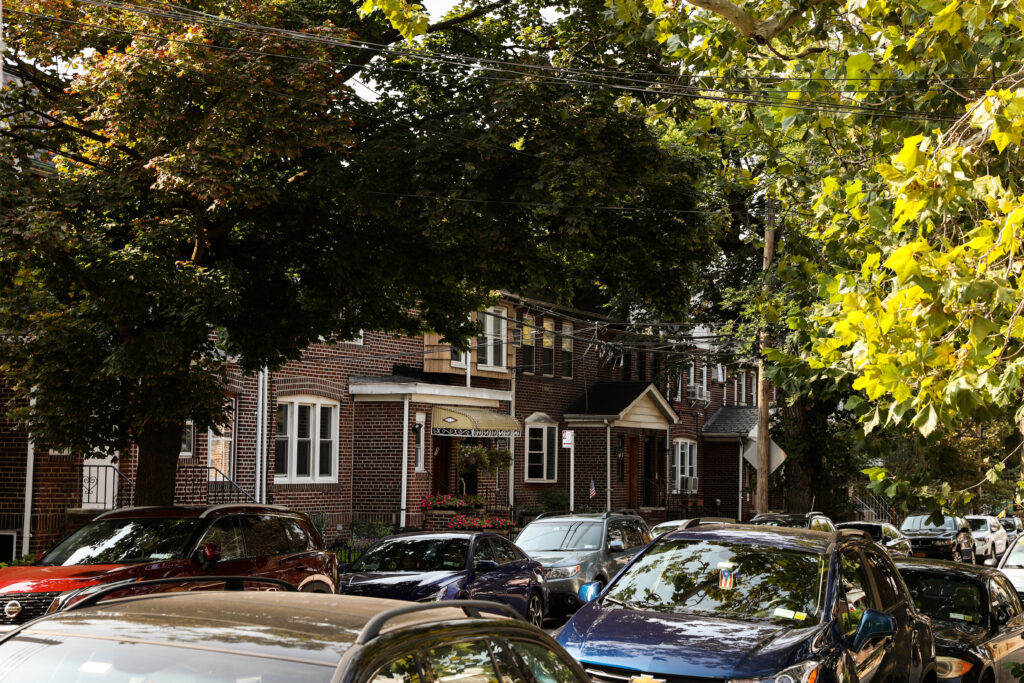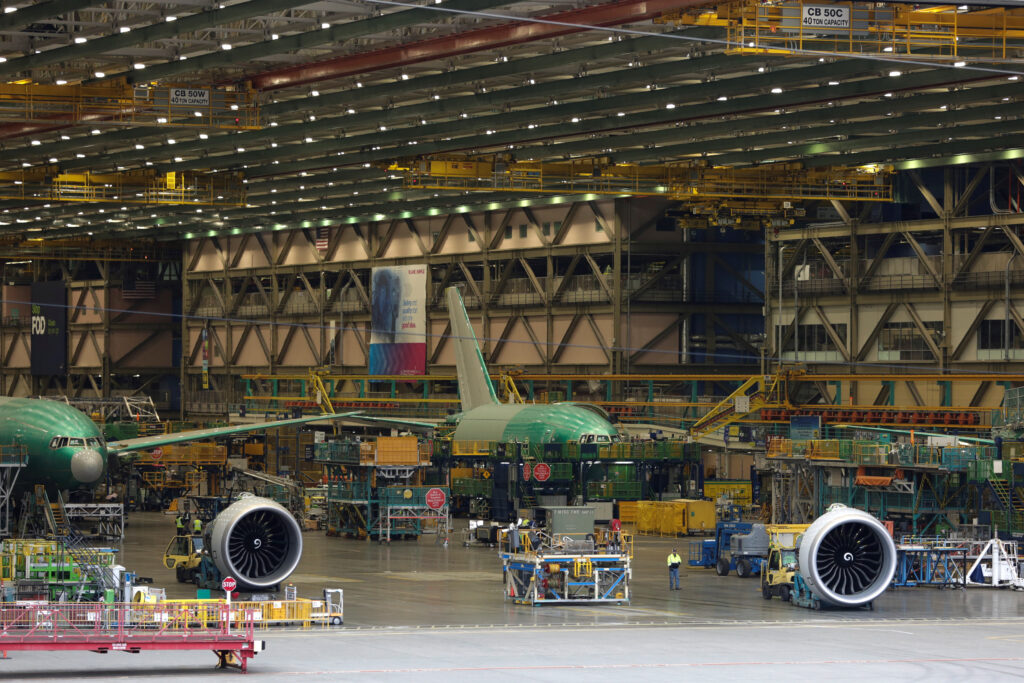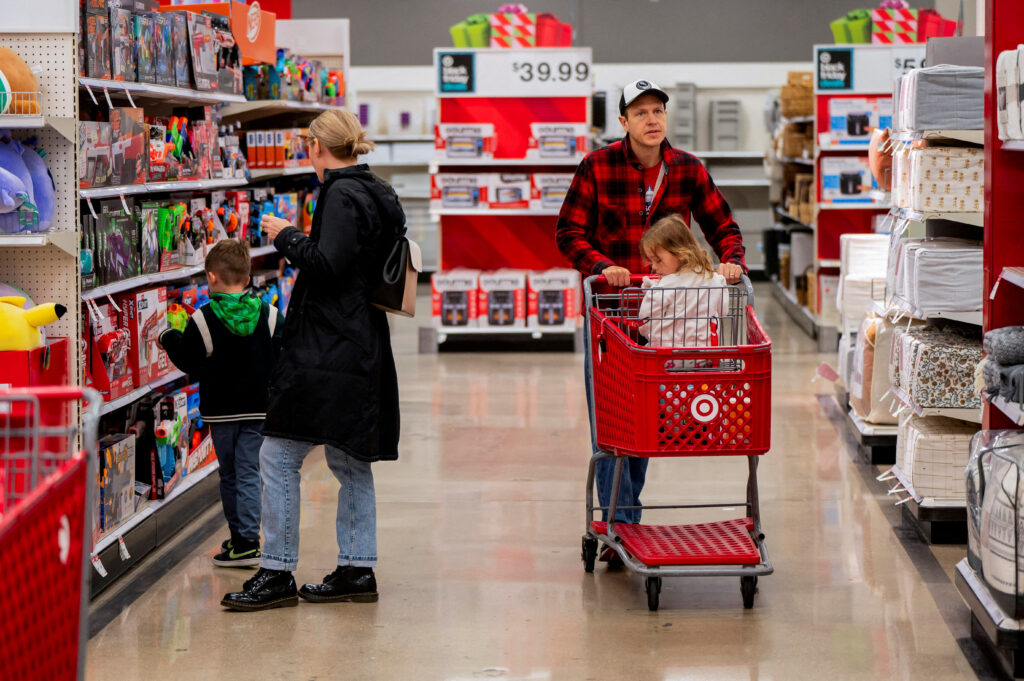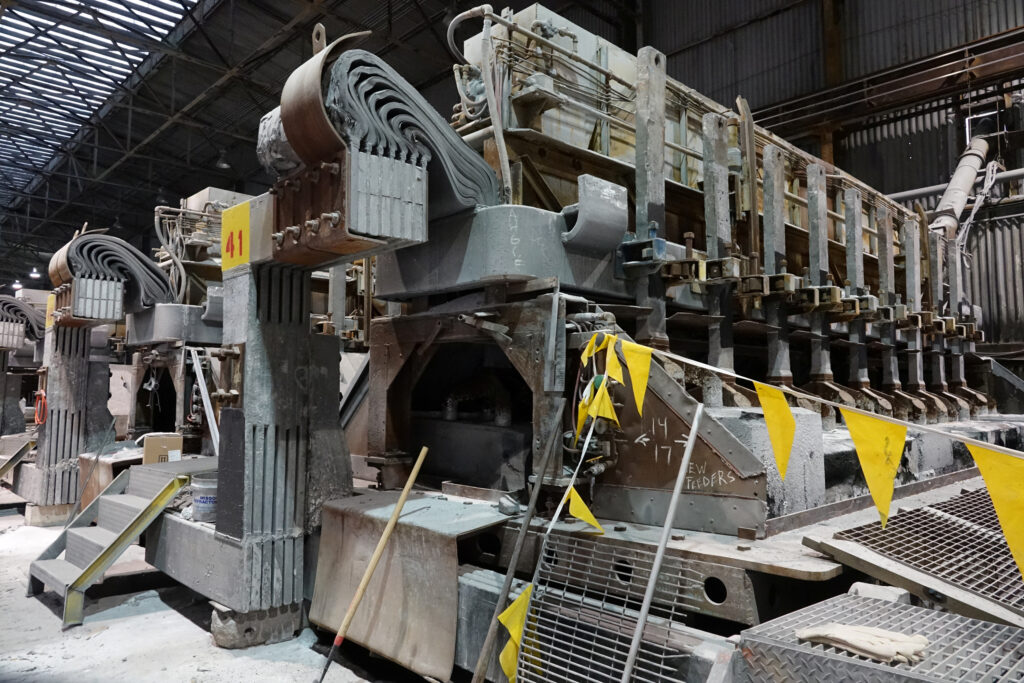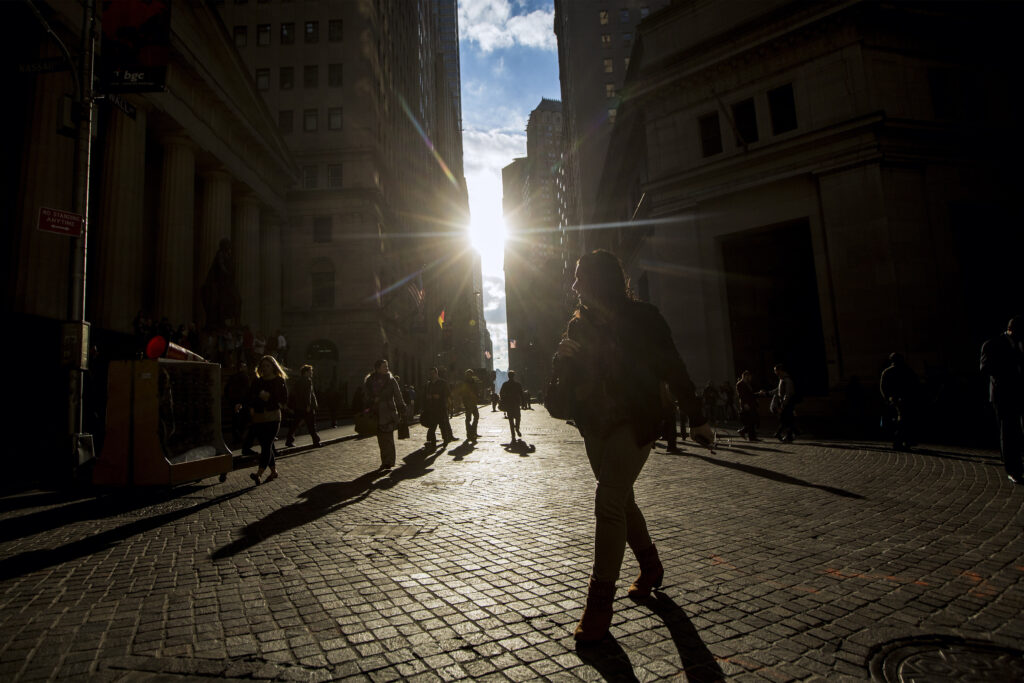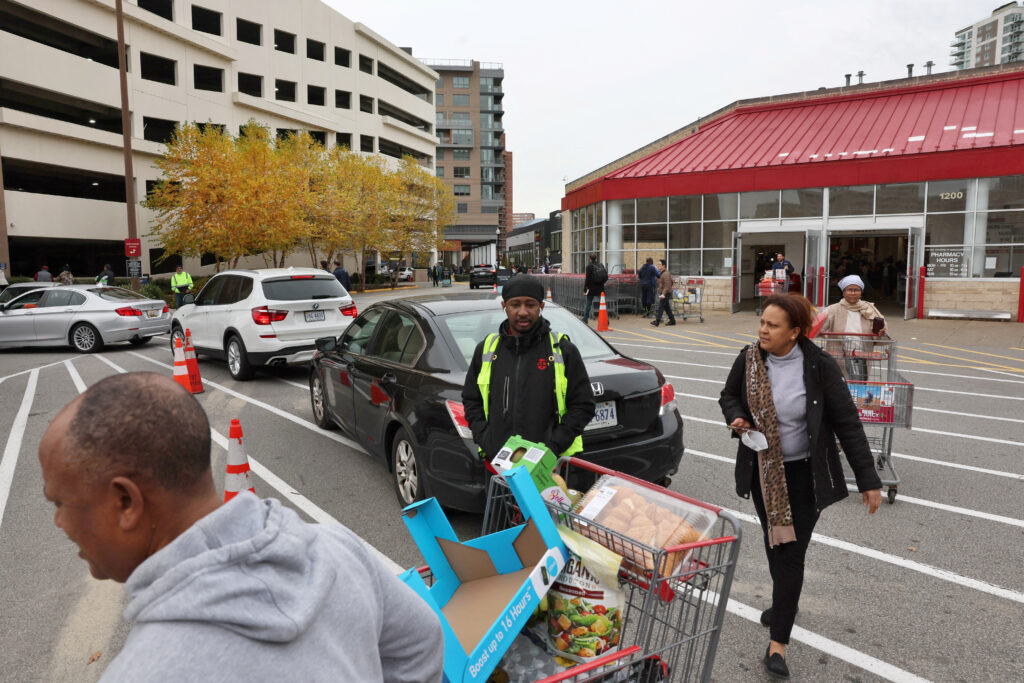WASHINGTON – U.S. small-business confidence fell in August, reversing the prior month’s jump amid growing uncertainty ahead of the November 5 presidential election and expectations of weak sales.
The National Federation of Independent Business (NFIB) said on Tuesday its Small Business Optimism Index dropped 2.5 points to 91.2 last month. The index had surged in July to the highest reading since February 2022. The survey’s Uncertainty Index increased 2 points to 92, the highest since October 2020.
However, economists cautioned against reading too much into the ebb in sentiment and rise in uncertainty.
Small business owners tend to lean Republican, and some economists had viewed the jump in sentiment as largely driven by politics and a stock market rally following then-Democratic Party candidate President Joe Biden’s poor debate performance against Republican Party candidate Donald Trump.
Economists had anticipated a reversal after Biden dropped out of the White House race and handed the baton to Vice President Kamala Harris. Trump and Harris are locked in a tight contest, and the stock market has been lackluster.
“It is important to not get hung up on the headline index as political bias can distort the signal,” said Bernard Yaros, lead U.S. economist at Oxford Economics. “The NFIB uncertainty index typically increases during presidential election years. However, it is rising much sooner and faster than normal, consistent with other measures of policy uncertainty.”
The net share of businesses expecting higher inflation-adjusted sales volumes in the next three months fell 9 points to -18%.
“Clearly, ‘uncertainty’ has been on the rise,” said NFIB Chief Economist Bill Dunkelberg. “And the stock market is expressing some unease … and the election is just weeks away.”
Though business owners continued to worry about inflation, the share ticked down and fewer reported raising average selling prices. But labor shortages remain a challenge for small businesses, even as job openings in the nation have declined, resulting in a rise in the share of owners planning to raise compensation in the next three months.
Forty percent of all owners reported job openings they could not fill in August, up 2 points from July. Most of the unfilled positions were for skilled workers and were concentrated in the transportation, construction, and manufacturing sectors.
Job creation plans, however, continued to decline. That is in line with the slowdown in nonfarm payroll gains.
The share of owners planning capital investment increased, with many of them buying new equipment, and improving or expanding facilities. A very small minority reported that financing was their top business problem.
The Federal Reserve is expected to cut interest rates next week, kicking off its easing cycle with a 25 basis points reduction. The U.S. central bank has kept its policy rate in the current 5.25%-5.50% range for more than a year, having raised it by 525 basis points in 2022 and 2023.
(Source: ReutersReuters)
Kevin Putnam is a financial journalist and editor based in New York. He specializes in editing news and analysis related to U.S. stock market. Read Full Bio

